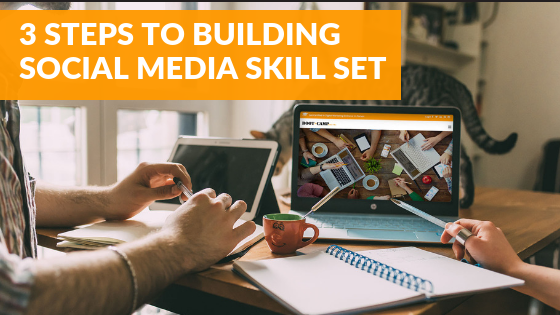The process of getting clients for your social media business takes time, and it never stops. You must be prepared to actively network, prospect, send out proposals, and close new business. Consider the time required for these prospecting activities:
- Networking is one of the best ways to build relationships. There’s something to be said about a good old-fashioned in-person handshake and meeting. When you put yourself out there, people start to know who you are. You need to build awareness, and networking is one of the best ways to get in front of your target audience.
- Offer a free presentation on social media to a local business group. This can build awareness and credibility for your business. Fast track this idea and sign up HERE for Launchest. We’ve already built the presentations (plus a WEALTH of additional materials and tools to help build your business) so all you need to do is add your logo and get to work!
- Build an active presence online. Not only will prospective clients expect you to “walk the talk” but online visibility can drive a significant amount of new business. Plan to spend time each week promoting your business online through your website, social media, and more.
Whether you’re building a freelance side hustle or a social media agency, understand the time it takes for prospecting and build this into your day to day activities so you’re always working on building your business.


